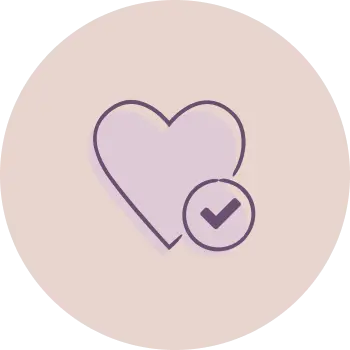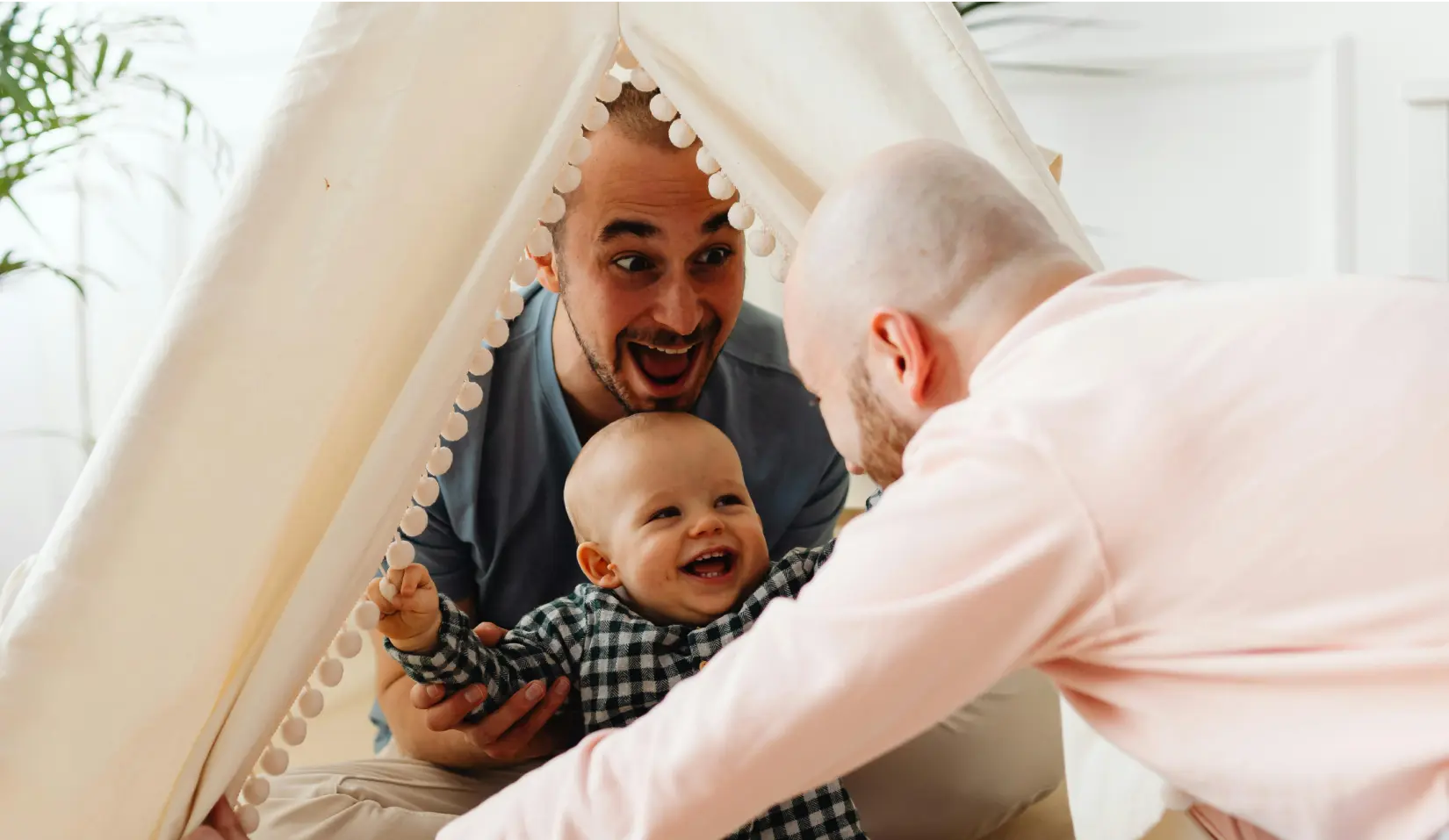Egg Donation at Nest
We work with compassionate, exceptional women of all ethnicities. Well-qualified egg donor candidates are altruistic young women in strong physical and mental health who have demonstrated success in their academic and extracurricular achievements.
Qualifications to Become an Egg Donor:
Motivated individuals
with ovaries
aged 21 to 30

Nonsmoking & in
good overall health
Donors must meet FDA and ASRM guidelines, and undergo a medical and psychological screening process with our team to ensure they’re ready. Donors must be able to attend a schedule of medical appointments for monitoring during the donation process over the course of one to two months. All ethnicities are welcome and encouraged to apply.





The Egg Donation Process
The Nest team is dedicated to supporting donors throughout every stage of the process. Once the full online application is complete, qualified prospective egg donors will be scheduled for an initial consultation. During this appointment, you will have a transvaginal ultrasound to visualize your ovaries and to determine your “Antral Follicle Count” or the number of eggs we could expect to receive in a given cycle.
You will also complete bloodwork as well as have the opportunity to ask your physician any questions that you may have about the process. If we agree that moving forward as an egg donor is a good option for you, then we will schedule your egg donation process. Nest partners with Spring Fertility to provide clinical services
We’ve made donating your eggs as simple and straightforward as possible:
• FDA-required bloodwork and a physical exam in person at a Spring Fertility clinic (don’t worry, we cover the cost of travel!)
• A psychological evaluation
• A session with a genetic counselor to go over genetic screening bloodwork
The process from application to retrieval typically takes 1–2 months.
To learn more about what to expect, download the Egg Donor Journey PDF
Is egg donation safe?
Common side effects include bloating, discomfort and minor fatigue — you can think about it like severe PMS symptoms.
Does it hurt?
Common side effects include bloating, discomfort and minor fatigue — you can think about it like severe PMS symptoms.
Will it affect my future fertility?
Common side effects include bloating, discomfort and minor fatigue — you can think about it like severe PMS symptoms.
Want to learn more?
Common side effects include bloating, discomfort and minor fatigue — you can think about it like severe PMS symptoms.
Qualified egg donors will be compensated starting at $8,000 per cycle, paid after retrieval. Donors are also not responsible for paying any out-of-pocket costs during their cycle.

Our goal is to make this process as easy and seamless as possible for you. We recognize the immense selflessness required in becoming an egg donor and we will be with you every step of the way — from our welcoming waiting rooms with snacks and sparkling water, to your dedicated care team throughout the process — we’re here for you.
We also firmly believe that everyone who wants a family deserves to have one, and one of our greatest joys is helping to match egg donors with intended parents.